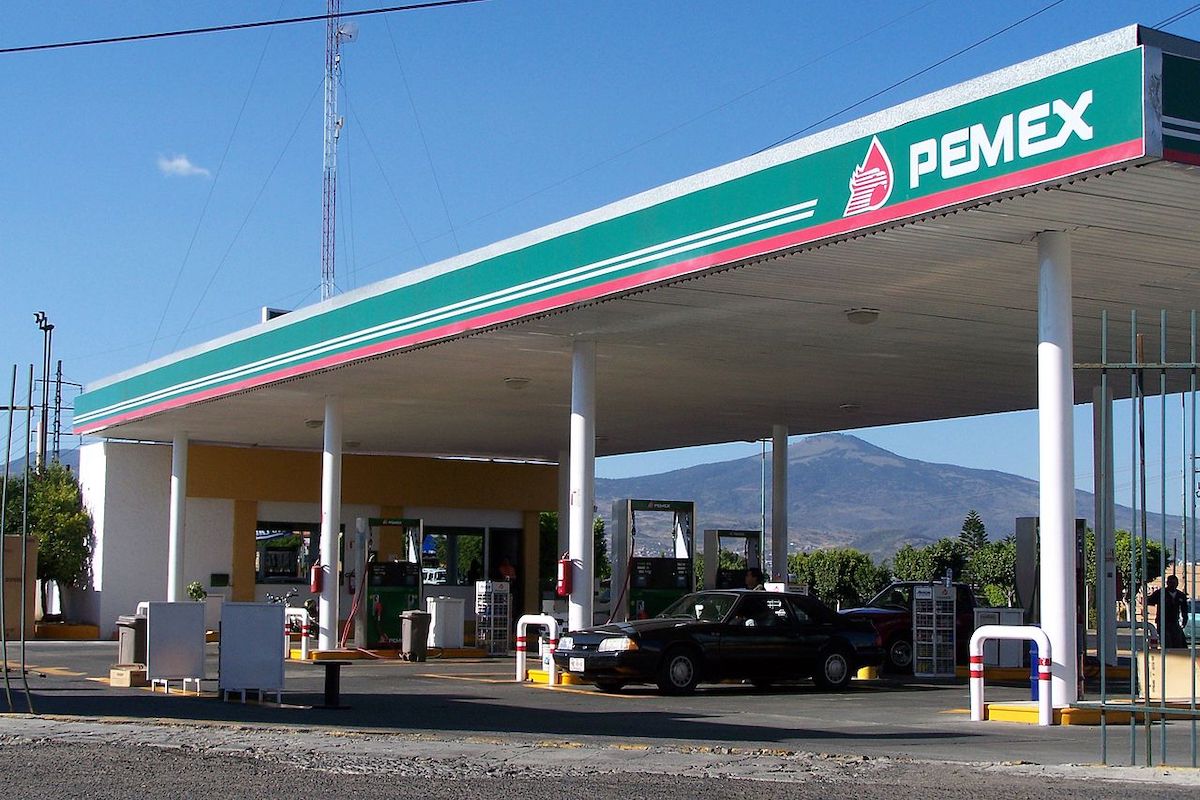By Prasanta Kumar Dey, Aston University and Oscar Rodríguez-Espindola, Aston University
The equivalent of 1,145 truckloads of oil is stolen in Mexico per day from PEMEX, the state-owned petroleum company. That’s 146 billion Mexican Pesos (USD$7.4 billion) in lost revenue since 2016 —a significant hit for a country where 3.8% of GDP comes from oil exports.
President Andrés Manuel López Obrador has introduced reforms to tackle the problem, including defining oil theft as a serious felony and releasing a new national strategy for oil production.
The new strategy includes shutting off several major pipelines and working at reduced capacity until appropriate measures can be taken to protect them. While flow through the pipelines is halted, oil remains inside at a constant pressure. Theft causes pressure differences that actually help pipeline operators to detect where thieves are taking oil, but the stationary fuel has tempted more and more people to take risks.
A pipeline exploded recently after it was tapped by people trying to fill containers with oil. A spark ignited the fuel and killed more than 70 people. A few days later, on January 28, another pipeline exploded although, thankfully, without casualties. The government has since enlisted the military to patrol pipelines.
Fuel shortages have gripped several areas of the country, but illegal tapping by ordinary people can only be blamed for about 20% of total theft. Corruption within the oil industry and organized crime make up the majority of the problem.
PEMEX has already fired 100 workers for complicity in fuel theft schemes and many more are under investigation for their ties to organized crime and for sharing information about the location of pipelines.
A study from EnergeA, a consultancy hired by the Mexican Energy Regulation Commission, looked at the hydrocarbon sector’s security and found that drug cartels, militias, petrol stations, PEMEX staff and police have all been implicated as profiteers from bribes or the direct illegal sale of oil.
Many sell the oil to petrol stations at lower prices than official distributors. Their activities go beyond tapping and include the theft of barrels at PEMEX facilities, before distributing it for sale to the black market.
War on the Black Market
People in Mexico have been generally supportive of the president’s measures to prevent theft, despite widespread shortages and explosions at pipelines where oil has stopped and tapping has occurred. However, political adversaries have tried to take advantage of the situation, such as former presidents Felipe Calderón and Vicente Fox, by demanding López Obrador change course.
The president’s enduring public approval ratings of 57% suggest many citizens support a hard line on halting the supply of oil and making oil theft a felony. But to tackle thieves throughout the oil supply chain, Mexican authorities can learn from India, where theft has been substantially reduced.
Pipelines in India are routinely patrolled to monitor unusual activities and new technologies have been developed which allow engineers to detect even small signs of theft. New pipelines are also routed near highways or railway tracks to keep pipelines under close vigilance and ensure emergencies can be quickly addressed.
One gadget used in India is a handheld system which identifies leaks and illicit tapping to pinpoint the location of a theft, allowing pipeline operators to coordinate with local police to catch thieves in the act. Portable data loggers can be deployed and installed on pipelines where leaks or thefts are suspected.
Thieves learn to counter traps quickly, so innovative approaches which combine technology and an understanding of why and how people are stealing oil could bring permanent solutions in Mexico.
Given the scale of the problem and how ingrained the “shadow supply” of oil is within Mexican society, focusing on social change is necessary too. The president has appealed to businesses, oil distributors and citizens to boycott the black market in stolen fuel, but transforming social practices will be challenging.
Young people could be educated about the negative effects of oil theft for society and the economy. These include fluctuations in the price of fuel, the operational costs for a public utility and the significant personal risk to thieves.
All of this will need support from strong, credible and transparent institutions, as corruption currently limits the authority of state organizations and the police and excuses the participation of private businesses and citizens, such as gas station owners.
There are many fixes for plugging leaks in the supply chain but stopping oil theft won’t happen without reliable governmental bodies. This includes regulators responsible for monitoring fuel production and organizations enforcing the legal supply of fuels to service stations.
Without transparency and accountability in organizations such as PEMEX, their role as enablers of a shadow supply chain will continue. This demands rethinking corruption as a systemic problem within Mexico, one that is costing lives and goes far beyond oil. Introducing mechanisms which can help identify and report corruption could be a step towards broader social change.![]()
![]()
This article is republished from The Conversation under a Creative Commons license. Read the original article.



